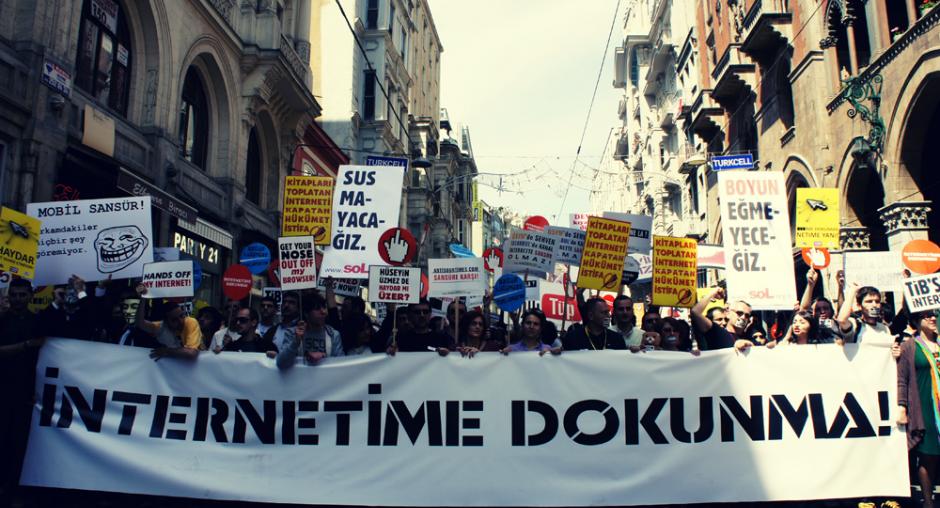Internet filtering and changes to press law further limit media freedom in Turkey, says OSCE media freedom representative

VIENNA, 17 May 2011 - Dunja Mijatović, the OSCE Representative on Freedom of the Media, said today that the recent change in the Press Law and the latest Internet restrictions risk to further limit free expression and access to information in Turkey.
In a letter to Foreign Minister Ahmet Davutoğlu, Mijatović expressed concern about the decision of the Constitutional Court on 2 May 2011 to amend the Press Law, allowing prosecutors to file criminal cases against journalists years after their articles were published. The annulled Article 26 of the law limited the prosecutors to two months from publication in a daily newspaper or four months in other print media.
“If unchanged, this ruling will mean that journalists expressing critical views will work under the permanent threat of criminal lawsuits being initiated against them,” she added.
In addition Mijatović is concerned that the government plans to introduce mandatory content filtering for all Internet users in Turkey. Based on a regulation of the Information Technologies and Communication Authority (BTK), as of 22 August Internet users will have to choose among one of four Internet filtering packages. All the packages will block certain websites, and the filtering criteria will not be public.
“This regulation would limit the right of individuals to access information they want and impose regulation of Internet content by the authorities,” warned Mijatović. “Internet users must have the freedom to make an independent decision about using content filters. If enforced, this regulation would contravene OSCE and international standards on free flow of information.”
In a further attempt to control the Internet the Turkish Telecommunications Directorate (TİB) has announced a plan to ban 138 words from Internet domain names, including Turkish and English words part of everyday vocabulary, such as “free” or “yasak” (“forbidden”). The restriction is allegedly designed to protect children from harmful content on the Internet.
“Banning words in an attempt to eliminate undesirable content from the Internet can not succeed – there will always be technical ways to circumvent such bans,” Mijatović said. “This plan can however result in the closure of active websites whose domain names include the banned words, which would add to the already critically high number of prohibited websites in Turkey,” she warned.
Mijatović offered her Office’s assistance in bringing the media legislation of Turkey in line with OSCE commitments on free expression.
